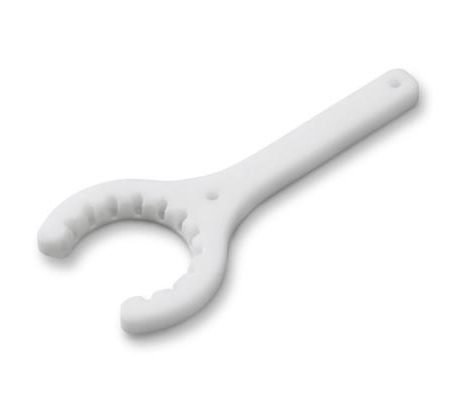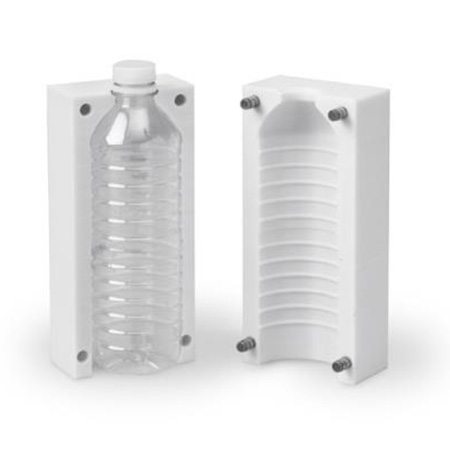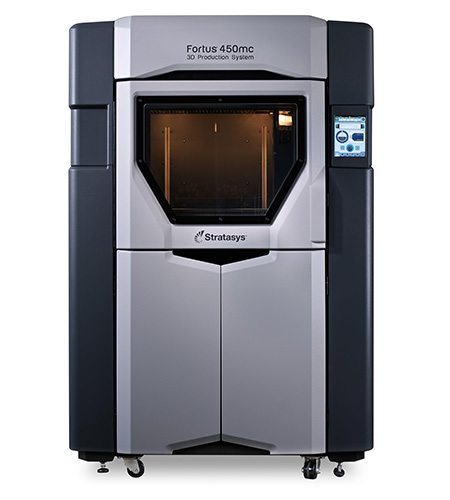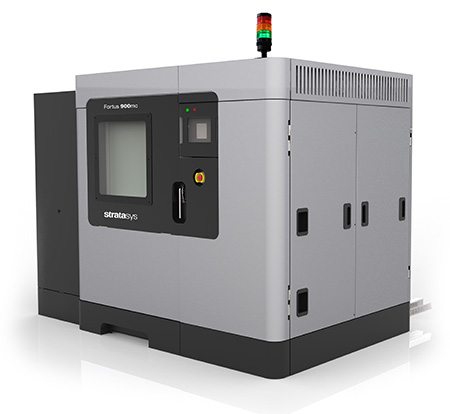
Bio-Compatible 3D Printed Parts with Superior Strength
Commonly used in food and drug packaging and medical device manufacturing due to its strength and medical compatibility, PC-ISO is bio-compatible (ISO 10993 USP Class VI) and can be gamma or EtO sterilized.
Overview
PC-ISO is a bio-compatible thermoplastic that provides medical, pharmaceutical, and food-packaging designers the ability to print strong, heat-resistant models, tools, and fixtures straight from CAD. Available in two colours, PC-ISO features sterilizable printing material using gamma radiation or EtO (ethylene oxide) sterilization methods and is suitable for applications requiring higher strength and sterilization.

Material Performance
PC-ISO is an industrial thermoplastic, which in its raw state, is biocompatible (ISO 10993 USP Class VI)* and can be gamma or EtO sterilized.

IZOD IMPACT,
NOTCHED
107 J/m XZ axis

Heat Deflection
Temperature
133°C

Flexural
Strength
90 MPa XZ axis

Tensile
Strength
57 MPa XZ axis
Material Highlights
Characteristics
- Opaque
- Heat-resistant
- Bio-compatible
- Strong and durable
- Dimensionally stable
Options
- Available in White and Translucent with both hands-free and break away support
Uses
- Food and drug packaging
- Medical device manufacturing
- Jigs and fixtures
- Tooling
- Strong production parts
- Other applications requiring higher strength and sterilization
Advantages
- Gamma radiation or ethylene oxide (EtO) sterilization
- Superior mechanical properties
- Accurate, reliable functional testing
Performance Scale
![]()
![]()
![]()
![]()
Material Colours


Technical Specifications
| Mechanical Properties | Test Method | English | Metric |
| Tensile Strength (Type 1, 0.125”, 0.2”/min) | ASTM D638 | 8,300 psi | 57 MPa |
| Tensile Modulus (Type 1, 0.125”, 0.2”/min) | ASTM D638 | 289,800 psi | 2,000 MPa |
| Tensile Elongation (Type 1, 0.125”, 0.2”/min) | ASTM D638 | 4% | 4% |
| Flexural Strength (Method 1, 0.05”/min) | ASTM D790 | 13,100 psi | 90 MPa |
| Flexural Modulus (Method 1, 0.05”/min) | ASTM D790 | 310,000 psi | 2,100 MPa |
| IZOD Impact, notched (Method A, 23°C) | ASTM D256 | 1.6 ft-lb/in | 86 J/m |
| IZOD Impact, un-notched (Method A, 23°C) | ASTM D256 | 1 ft-lb/in | 53 J/m |
| Thermal Properties | Test Method | English | Metric |
| Heat Deflection (HDT) @ 66 psi | ASTM D648 | 271°F | 133°C |
| Heat Deflection (HDT) @ 264 psi | ASTM D648 | 260°F | 127°C |
| Glass Transition (Tg) | DMA (SSYS) | 322°F | 161°C |
| Vicat Softening | ISO 306 | 282°F | 139°C |
| Melt Point | — | NA | NA |
| Electrical Properties | Test Method | Value Range |
| Volume Resistivity | ASTM D257 | 1.5x10e14 – 8.0x10e13 ohm-cm |
| Dielectric Constant | ASTM D150-98 | 3.0 – 2.8 |
| Dissipation Factor | ASTM D150-98 | .0009 – .0005 |
| Dielectric Strength | ASTM D149-09, Method A | 370 – 70 V/mil |
| Other | Test Method | Value |
| Specific Gravity | ASTM D792 | 1.2 |
| flame Classification | UL 94 | HB |

